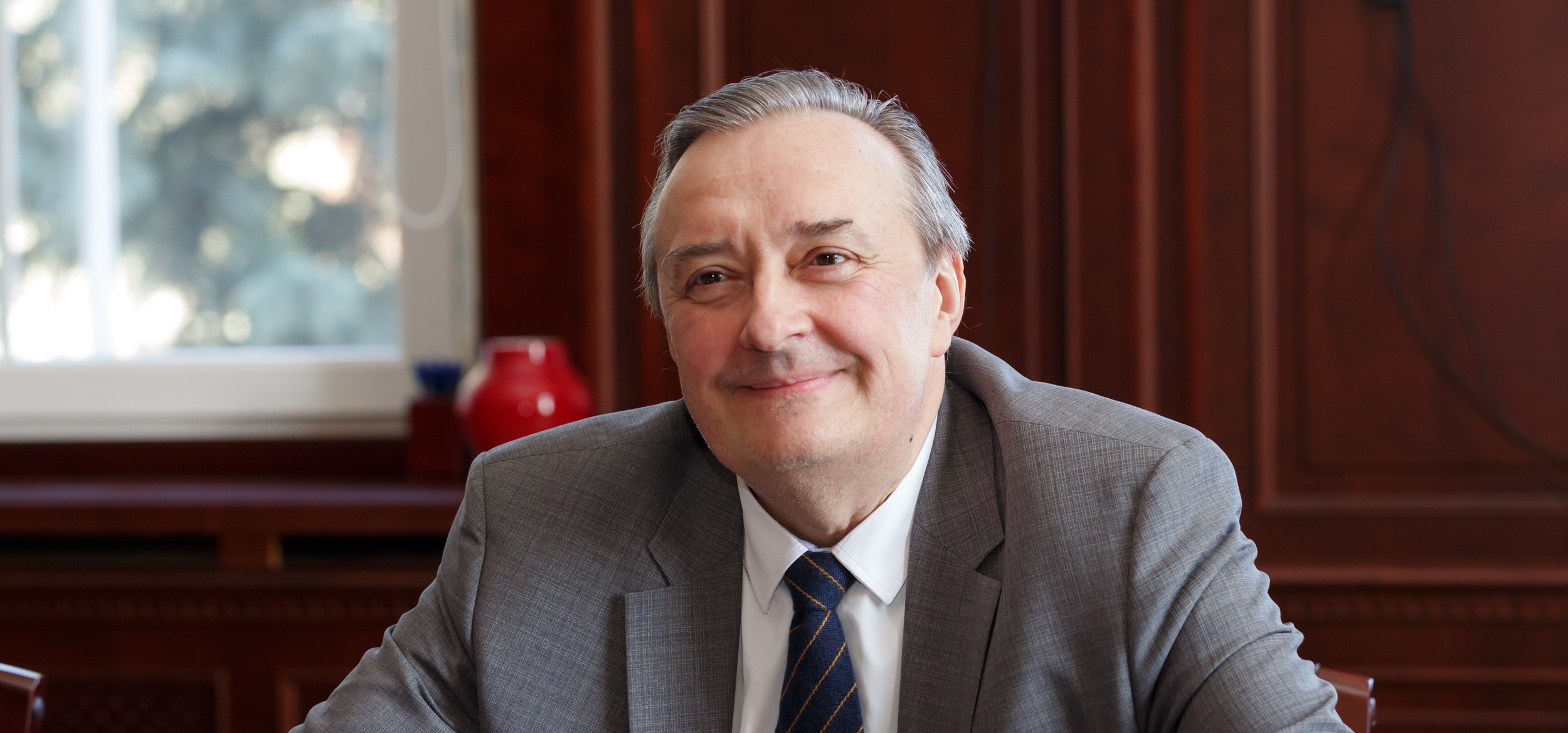FAO’s priorities: taking care of people, transparency, rationality, and dialogue

Oleg Kobiakov, Director of the FAO Liaison Office with the Russian Federation, in the framework of the discussion titled “A world on the Edge of Hunger: How Can We Overcome the Current Food Crisis?” at the Valdai Discussion Club, gave an interview to The International Affairs journal.
“The International Affairs”: How will the relationship between food trade and geopolitical challenges change? Will the EU and NATO avoid dependence on Russian exports? What countries will be able to replace Russian food in the future?
Oleg Kobiakov: We are now in an intense phase, and gas prices are rising, and gas is the main raw material for producing ammonium nitrate, the main precursor for the production of nitrogen fertilizers. Of course, especially while ensuring the current sowing season, European countries will look for other sources of these critical inputs, gas and fertilizers, as well as a replacement for Russian grain.
Indeed, crop yields in Europe are high, but they are backed by intensive agriculture. The production cycle of agriculture is quite long and difficult to be reorganized in one season. It should be said that [restrictive measures in agricultural trade] are an unfortunate phenomenon. They go against the trends of internationalization of global trade, international labour division, its democratization, the increase in its efficiency and the reduction of production cost, which is beneficial for both producers and consumers.
FAO recommends to pursue a trade policy which is as open as possible and to be engaged in a dialogue with consumers and producers, in order to protect, above all, the most vulnerable ones, both whole countries and large populations in all countries of the world, including in the most developed ones; for the weakest groups always suffer from such stresses.
Which countries will be able to replace Russian food – first of all the solvent countries that will find alternative sources. As for oils, it is easy to say that sunflower oil can be replaced with, let us say, palm oil or coconut oil. It is possible to increase seed production in other parts of the world, where just the cost of its production is higher. If we look across the ocean, we will see that sunflower perfectly grows in the United States, Canada, Brazil, Argentina, and many other countries. But, again, much will depend on what additional investments will be required to increase production.
Again, FAO calls for dialogue, for informed trade measures, for truly alternative sources and supplies in the short term and for a return to a normal track in the long term. FAO is ready to extend assistance here, above all, by providing unbiased and up-to-date information on the state of prices and food markets.
The full interview is available at the website (in Russian): The International Affairs journal – Oleg Kobiakov: Higher gas prices will affect the cost of fertilizer production (interaffairs.ru)
